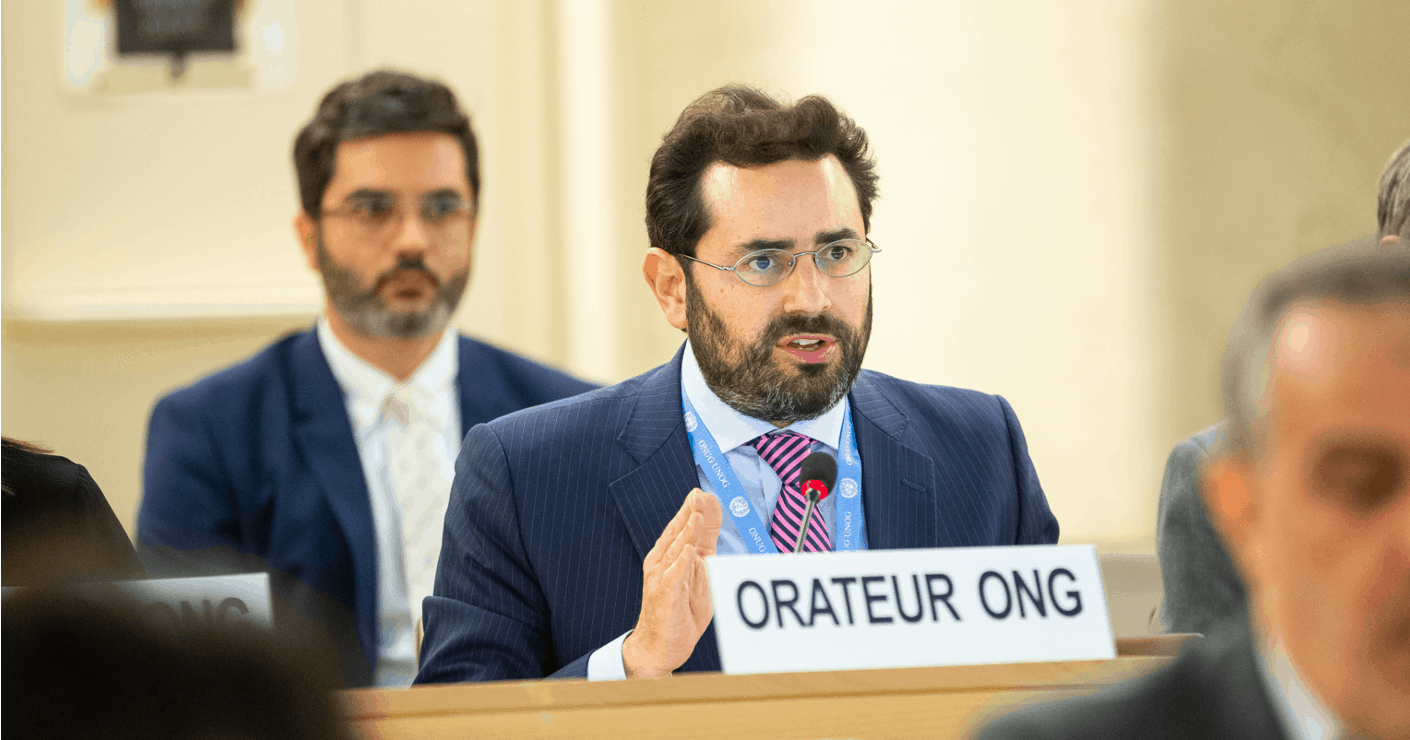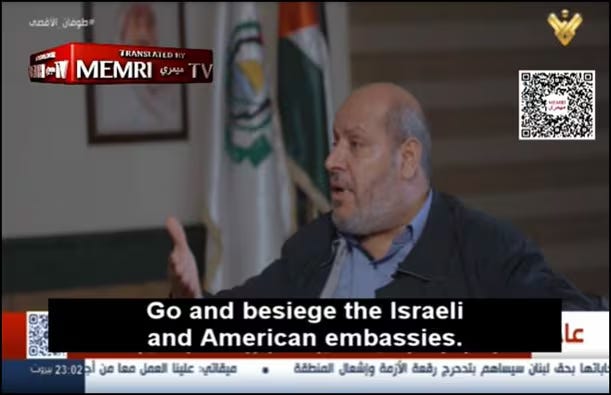Are Israel's Strikes in Qatar Legal? An International Law Analysis
Israel struck Hamas headquarters in Doha on Tuesday amid the group's refusal to agree to a hostage ceasefire deal, and following their deadly Jerusalem attack that killed six Israelis
On Tuesday, less than 24 hours after Qatar rejected the latest U.S. proposal for a Gaza ceasefire deal, Israeli forces launched an air raid on Hamas leadership at their Doha headquarters. The strike killed five Hamas members and one Qatari security officer who were reportedly in discussions about the rejected ceasefire proposal.
The attack came several days after Hamas's armed wing, the al-Qassam Brigades, claimed responsibility for a deadly Jerusalem attack that killed six Israelis, creating a rapid escalation that has drawn sharp international condemnation.
Qatar denounced the September 9 strike as a "cowardly" attack and "flagrant violation of international law," while UN Secretary-General António Guterres and French President Emmanuel Macron criticized the violation of Qatar's sovereignty. However, legal analysts defending Israel's actions argue the sequence of events provides justification under international law precedents.
Immediate Self-Defense Claims
Former U.S. Special Forces Matt Tardio argues that the targeting of Zaher Jabarin, commander of Hamas in the West Bank, was legally justified given recent Hamas attacks. "The attack claimed by Hamas yesterday, originating from the West Bank makes Jabarin a legitimate target under international law for self-defense," Tardio writes, referencing Monday's Jerusalem attack.
UN Watch's Hillel Neuer expands this argument beyond geographical limitations: "This right of self-defense against Hamas is not confined geographically to Gaza; it extends wherever Hamas leaders are directing hostilities."
Both analysts invoke UN Charter Article 51, which guarantees states an "inherent right of individual or collective self-defense" against armed attacks.

The Hostage Crisis as Ongoing Violation
Also targeted in the strike was Khalil al-Hayya, Hamas' most senior exiled leader who maintains operational control over the fate of all Israeli hostages held in Gaza. Tardio presents a detailed legal argument regarding al-Hayya's role, stating that he "exercises the power to make life and death decisions of all the hostages currently held in direct violation of the UN's Convention Against the Taking of Hostages (1979)."

The 1979 convention defines hostage-taking as any person who "seizes or detains and threatens to kill, to injure or to continue to detain a hostage in order to compel a State … to do or abstain from doing any act as an explicit or implicit condition for the release of the hostage.”
"This constitutes an ongoing threat to Israeli citizens under international law," Tardio argues, drawing parallels to "Israel's Entebbe raid of 1972" which "was accepted on an international level."
The "Unwilling or Unable" Doctrine
Neuer introduces the "unwilling or unable" doctrine, arguing that "if a host state, in this case Qatar, is unwilling or unable to neutralize a non-state armed group attacking another state, the victim state may lawfully use proportionate force. Qatar knowingly harbors Hamas leaders and allows them to operate freely, meeting the 'unwilling' threshold."
He draws a direct parallel to recent US counterterrorism operations, arguing that America's 2011 assassination of Osama bin Laden in Pakistan established a clear precedent. According to Neuer, the US successfully justified that operation by claiming Pakistan was unwilling or unable to neutralize bin Laden, with few states challenging this reasoning and major democracies celebrating the terrorist leader's death. Using this same legal framework, Neuer contends that Israel has equivalent justification to strike Hamas leaders operating from Qatari territory.
Operational Security Concerns
Tardio addresses why Qatar wasn't given advance warning, citing diplomatic tensions over Hamas's presence. He notes that "in November of 2024, the US Special Envoy Steve Witkoff reportedly asked Qatari Officials to expel Hamas from Qatar due to their rejection of a hostage deal," while "during an interview aired on The Tucker Carlson Show on March 7th, the Prime Minister of Qatar doubled down and said the USA requested that Qatar host Hamas in the first place!"
"This suggests Qatar was unwilling to participate in actions against Hamas, and would have likely tipped them off in the event of an advanced warning," Tardio concludes.

Sovereignty Limitations
Neuer makes an argument regarding state sovereignty: "A state that knowingly shelters and protects terrorist leaders forfeits the right to invoke sovereignty as an absolute shield against proportionate defensive action by the victim state."
He emphasizes that Israel's action met international law requirements: "Israel's strike was narrowly tailored against leaders of a group waging war on Israeli civilians and torturing hostages for more than 700 days. This satisfies the requirements that force in self-defense be necessary, proportionate, and directed against the source of the threat—not the Qatari state itself."




Was yesterday’s terrorist attack in Jerusalem legal? Is it legal to detain hostages since two years underground in horrific conditions? Was it legal to slaughter rape burn alive and behead 1200 civilians?
What a surrealistic question to ask whethere hitting Qatal which has financed Hamas and sheltered its leaders is legal !!!!!!